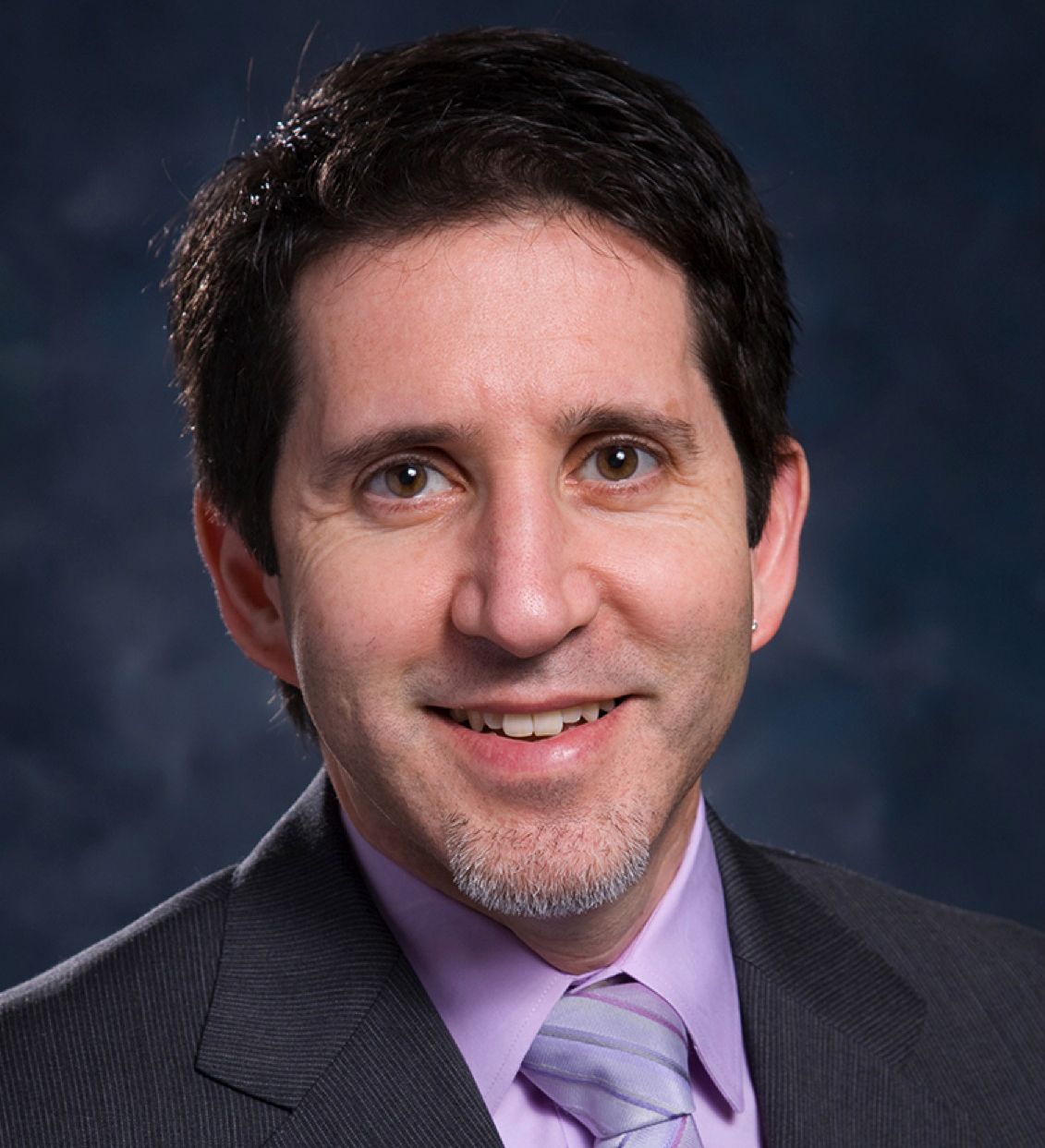This week, we will consider the age-old question of how best to stay awake when you need to cram for an exam or get that paper written by morning, and which works best, coffee or soda.
Nearly every student at one time or another feels the need to stay up late in the name of academic achievement, often turning to caffeine, sugar or some combination of the two to get the job done.
In that case, let me help you make a more well-informed choice.
Caffeine has been used by human beings for its mild stimulant properties for centuries, generally in the form of coffee or tea (chocolate, too). Frankly, it’s a very safe drug, reasonably effective, cheap and widely available. That’s not to say it can’t do you some harm in the extremes. In fact, just this past week, there were reports of deaths in the United States associated with the consumption of a particular brand of energy drink that the U.S. Food and Drug Administration is aggressively investigating.
Caffeine raises your blood pressure and increases your heart rate and alertness when used in modest doses.
In larger doses it can cause restlessness, irritability and anxiety. In the worst cases, it may cause an irregular heartbeat, which could potentially be life-threatening. And oh yeah, caffeine does help keep you awake. So it’s helpful to have an idea of just how much caffeine is in various beverages and foods.
In general, sodas contain significantly less caffeine than coffee. Because energy drinks are considered to be “dietary supplements” and are regulated as such, unlike food products, they are exempt from that restriction. Monster Energy Drink has 160 mg of caffeine per 16-ounce, nearly twice as much per ounce as soda. For the record, a Starbucks Grande drip coffee has 330 mg of caffeine in a 16-ounce cup, or the equivalent of two Monster energy drinks.
If the amount of coffee you’re drinking is causing you to have health problems, whether it’s heartburn, nervousness, irritability or insomnia, then it’s too much. And when you start having heart palpitations, you’d better back off.
Finally, coffee is much more effective as a study aid or stimulant when you don’t drink it all the time. Caffeine is mildly addictive, and therefore has the typical characteristics associated with addiction: tolerance, dependency and withdrawal. So to get it to work when you need it to, consider drinking it less often. The same rules apply to all forms of caffeine, including over-the-counter “alertness” aids, and certain pain relievers and headache remedies you might not realize include caffeine.
What about soda? Eating is one thing people do to stay awake. And we all know that sugar can give you a quick burst of energy. But the sugar in sweetened sodas acts more like a drug than the sugars that naturally occur in fruits and other foods because it’s essentially pure sugar that rushes into your blood stream. This surge in blood sugar triggers your body to release insulin in order to process all that sugar. Then comes the other side of the roller coaster as your blood sugar plummets. In other words, you crash.
There’s no redeeming nutritional value to the sugar in sodas. So frankly you’d be better off having a snack with something else to offer in the way of protein, fiber or other nutrients. Just know that if you choose donuts instead of soda, you’ve pretty much gone the same route in the form of sugar-frosted carbs.
So, coffee or soda? I’d prefer you do either rather than taking drugs intended for attention deficit hyperactivity disorder. Five or 10 minutes of vigorous exercise would probably do more to help you regain your alertness for those late nights studying than either the soda or the coffee.
Dr. David Baron is the executive director of the Arthur Ashe Student Health and Wellness Center.

The main effectiveness includes Improving athletic performance. Preventing dizziness on standing up in older people. Delaying the onset of Asthma . Dr. Jarrett: Baltimore Back Pain Preventing type 2 diabetes when consumed from coffee or tea. Breathing problems in infants.
Caffeine, the main active chemical of coffee,
blocks adenosine, a chemical that makes you naturally drowsy, increasing
concentration. But the long term effects can be tricky. Chiropractor Once the temporary stimulation stops, the brain cells
start needing caffeine for stimulation and a sudden neural sluggishness
installs.
I educate my patients about caffeine and I feel like sharing this link
to their mails. It is important to balance the diet and the caffeine
intake level. Caffeine will also cause many dental problems.
emergency dentist Montreal